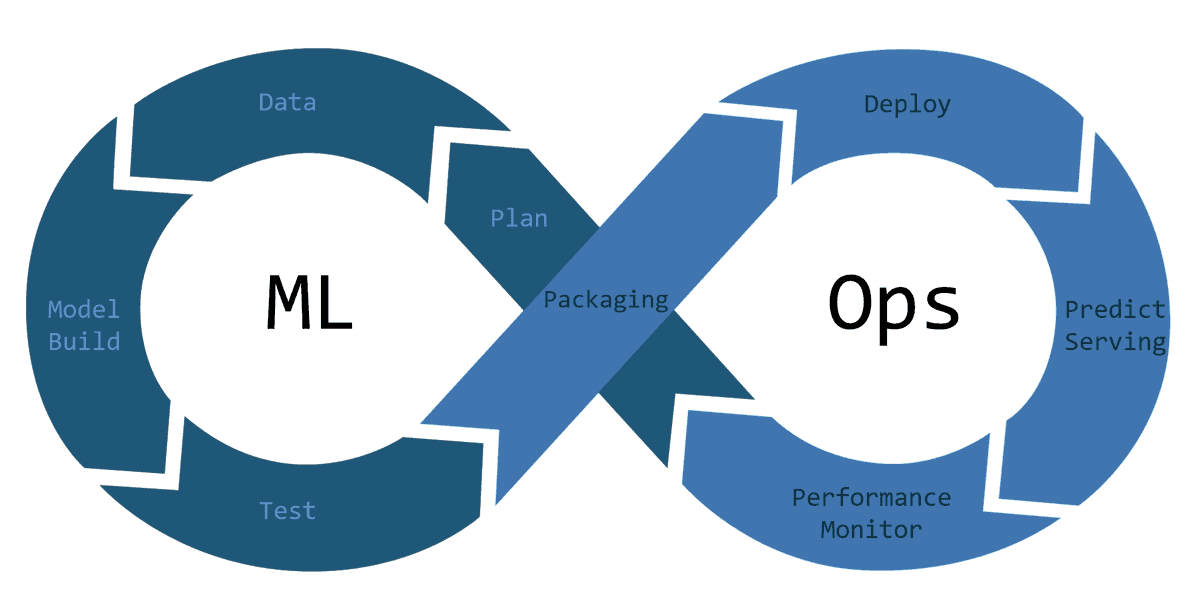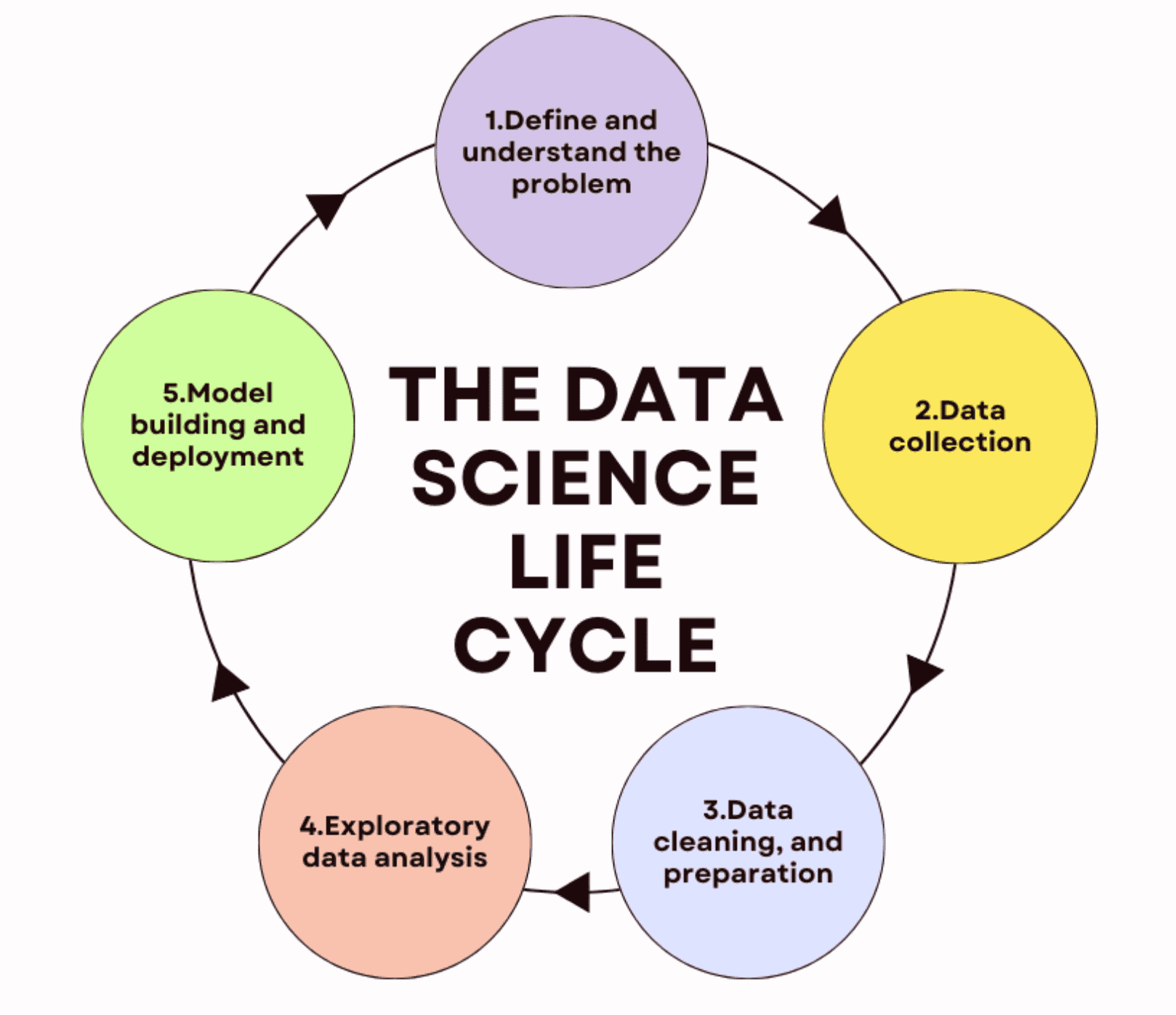
What is MLOps
MLOps, or “Machine Learning Operations,” is a term used to describe the processes and practices that enable organizations to successfully manage the entire lifecycle of their machine learning models, from development and training to deployment and maintenance.
Goal of MLOps
The goal of MLOps is to create a collaborative and efficient workflow that allows data scientists and engineers to work together seamlessly to build, deploy, and maintain high-quality machine learning models. This, in turn, helps organizations to quickly and effectively leverage the power of machine learning to drive business value.
One key aspect of MLOps is the use of specialized tools and platforms to automate and streamline the ML lifecycle. These tools can help data scientists and engineers to easily and efficiently manage their machine learning projects, from data preparation and model training to deployment and monitoring.
Polyaxon platform
Polyaxon platform is an MLOps platform, which provides a set of libraries and tools that enable organizations to build and deploy end-to-end machine learning pipelines. Polyaxon integrates with major libraries and loud providers to provide a scalable, secure, and production-ready environment for ML model development and deployment.
Polyaxon offers an community version based on open-source tools and a fully managed environment for building, training, and deploying machine learning models. Both offering make it easy to build, train, and deploy models using a variety of frameworks and libraries, including TensorFlow, PyTorch, and MXNet.
Ultimately, the use of MLOps platforms like Polyaxon can help organizations to accelerate the development and deployment of their machine learning models, allowing them to quickly and easily put their models into production and start realizing the benefits of machine learning.
Other Popular MLOps tools and platforms
There are many MLOps platforms that specialize in pipeline and model discovery. Some popular examples include:
- Kubeflow: Kubeflow is an open-source platform that makes it easy to deploy and manage machine learning pipelines on Kubernetes. It provides a variety of tools and components for building, training, and deploying machine learning models, including Jupyter notebooks, TensorFlow training jobs, and model serving.
- MLflow: MLflow is an open-source platform for managing the end-to-end machine learning lifecycle. It provides tools for tracking and managing experiments, managing and deploying models, and monitoring model performance.
- DataRobot: DataRobot is a commercial platform that provides tools for automating the machine learning lifecycle. It includes features for data preparation, model training and deployment, and model monitoring and optimization.
- DVC: DVC is an open-source version control system for machine learning projects. It allows data scientists and engineers to track and manage their data, code, and model artifacts, making it easy to collaborate and reproduce experiments.
Each of these platforms has its own unique set of features and capabilities, and the right platform for your organization will depend on your specific needs and requirements. Additionally, Polyaxon has an open interface and integrates easily with these tools.
Factors to consider when choosing an MLOps platform
Some key factors to consider when comparing MLOps platforms include:
- Ease of use: How easy is it to use the platform, and how intuitive is the user interface?
- Scalability: Can the platform handle large amounts of data and complex machine learning pipelines?
- Integration: How well does the platform integrate with other tools and systems in your organization’s ML workflow?
- Support: Does the platform provide robust support and documentation for users?
- Cost: What is the cost of using the platform, and does it provide value for money?
By carefully considering these and other factors, you can select the best MLOps platform for your organization’s needs.
Why Polyaxon and not other tools
Polyaxon’s MLOps platform specializes in pipeline and model discovery and provides the right tools for managing the end-to-end machine learning lifecycle, including experiment tracking, model training and deployment, and model monitoring.
One key difference between Polyaxon and other platforms is its focus on supporting a wide range of machine learning frameworks and libraries. Polyaxon supports popular frameworks such as TensorFlow, PyTorch, and MXNet, as well as custom and proprietary frameworks. This allows data scientists and engineers to use the tools and libraries that best suit their needs and requirements.
Another key difference is Polyaxon’s focus on providing a scalable and highly available platform for machine learning. It uses Kubernetes as its underlying infrastructure, which allows it to automatically scale up and down based on workload demands, and provides built-in support for high availability and disaster recovery.
Overall, Polyaxon is similar to other MLOps platforms in its focus on providing tools and services for managing the machine learning lifecycle. However, its support for a wide range of frameworks and its focus on scalability and availability make it a strong contender in the market.


